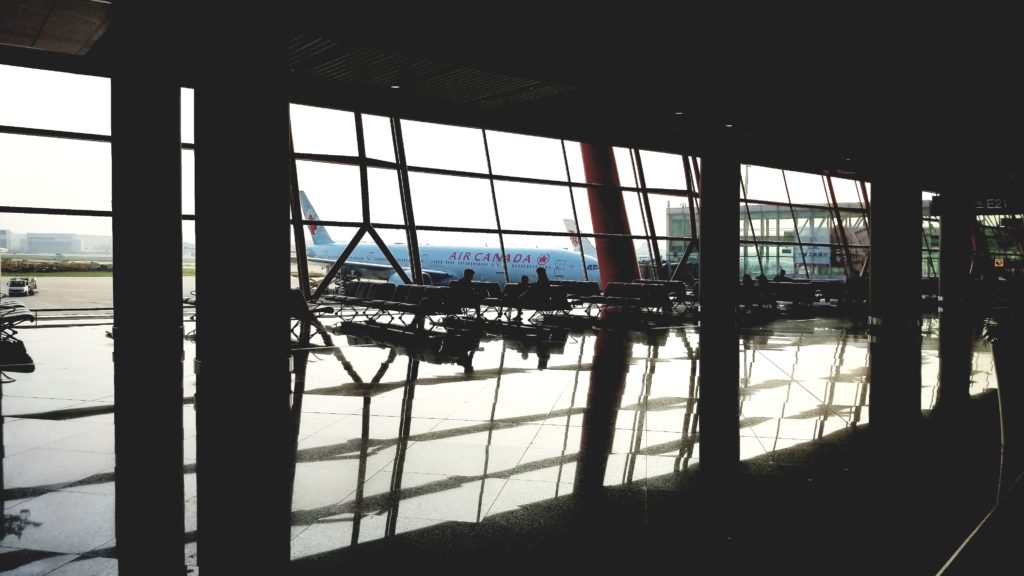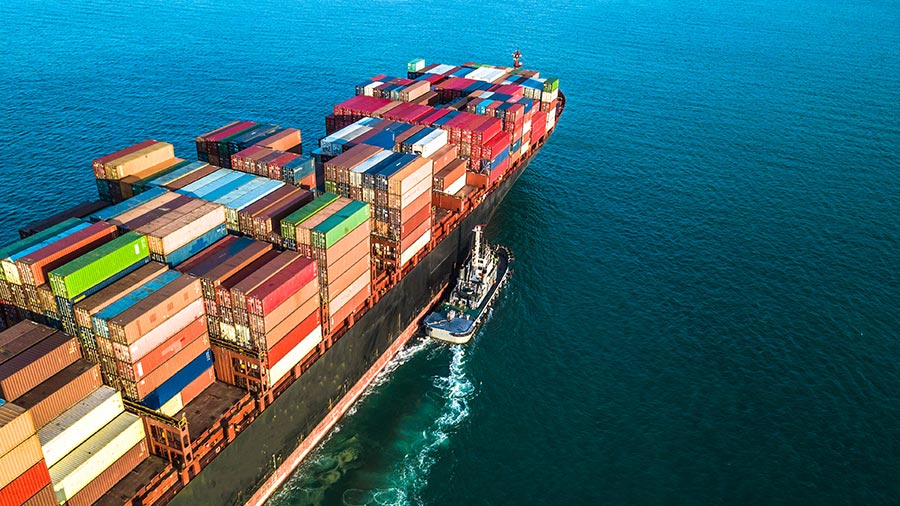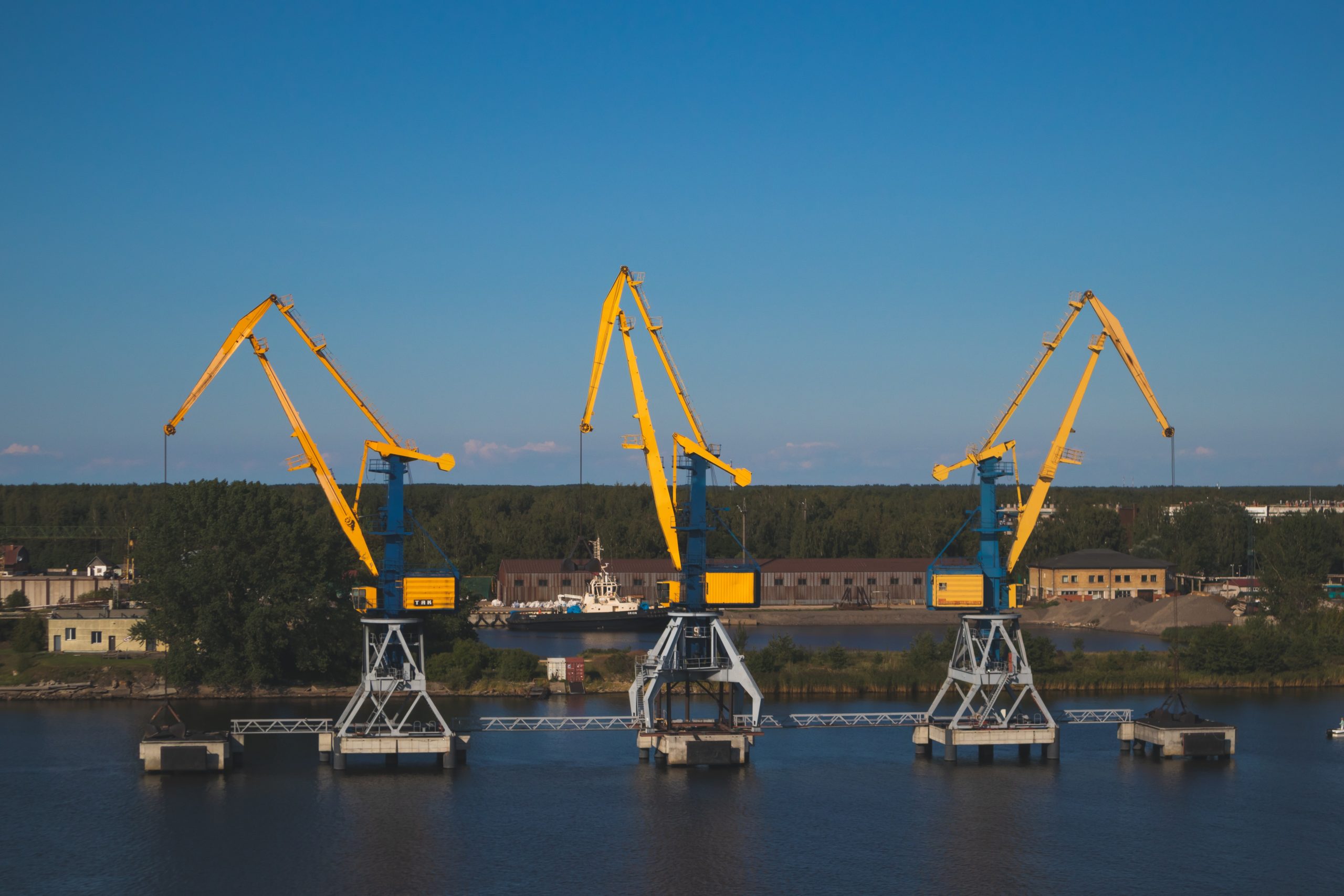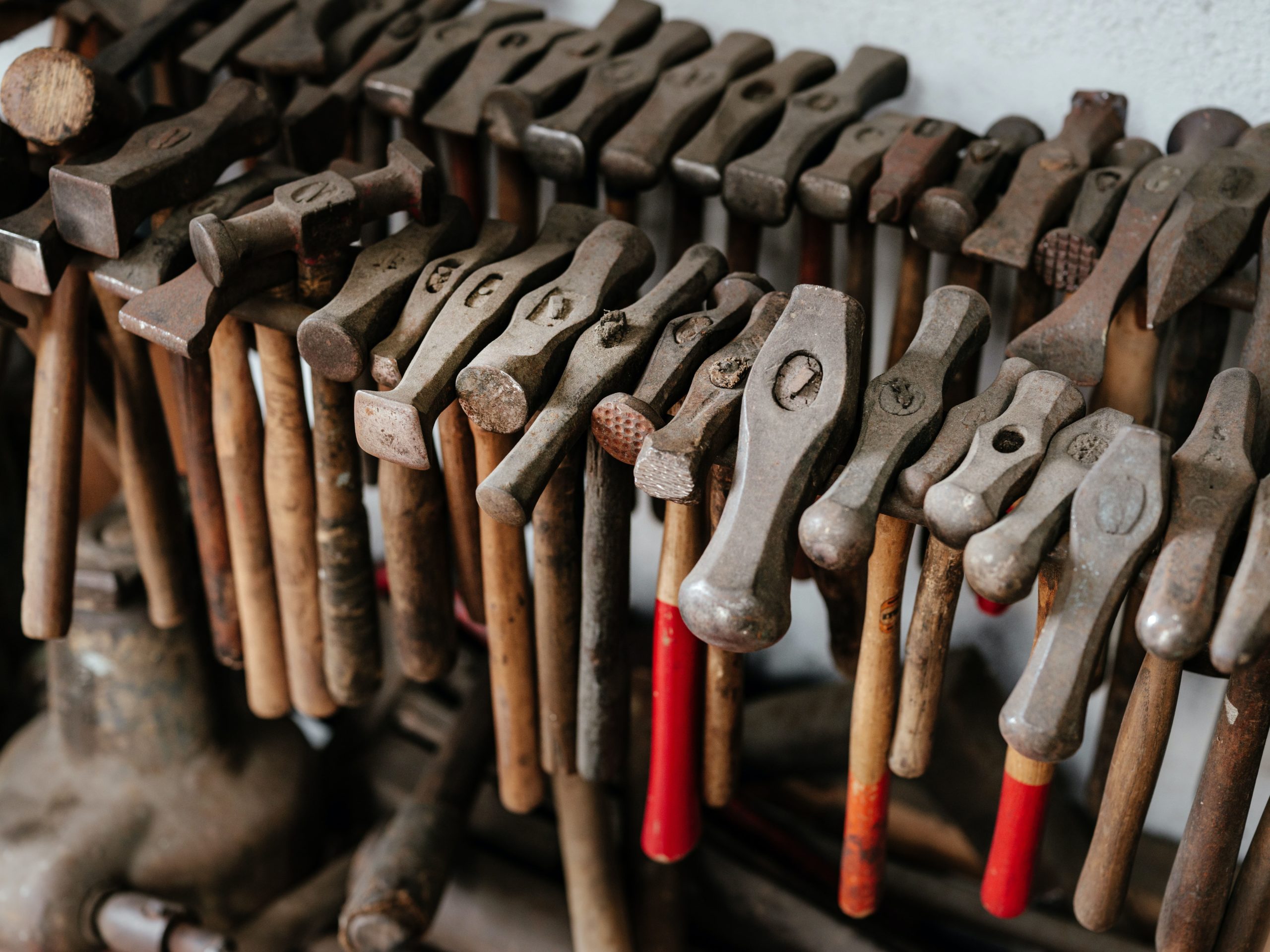The country has one of the fastest-growing export rates in the EU. Goods produced in the country are usually exported to foreign countries outside the EU. Its total export in previous years has surpassed EUR 8,6 billion and improved qualitatively. Even the percentage of technology-intensive and high-value-added goods has increased. Although exportation is growing, import growth is faster, thus increasing the foreign trade deficit. An increase in manufacturing and market competitiveness will greatly contribute to export growth in the republic.

Export trading partners
Local manufacturers maintain and expand export market share in the markets of trading partners all thanks to an increase in competition, favorable cost, and improvement in foreign demand. The majority of its export partners are EU countries. Such as countries in the Baltic region, Nordic countries, and Germany, the most significant trading partner. They all contribute greatly to the growth of exportation in the republic. Lithuania, Estonia, and Poland have also increased their imports from the country. Afghanistan trades with the republic as a result of the passage of non-military cargo.
Exports by kinds of goods
Exports by sectors of industry have diversified due to changes in the composition of Exports. However, more wood products, food, and agricultural products are exported. The growing export value is due to the increase in the export of metals and mineral products and chemical products.
Forecast of the export market
The growing economy in the country is all thanks to the increase in exports. Experts have claimed that this growth will not stop. Fortunately, companies in the export sector gave attained maximum production capacity, thus, there will be a rise in investments from foreign and local investors. Provided manufacturers increase the proportion of goods produced with the use of technology and high quality. Its ministry has predicted a sharp increase in export growth by 2024.
Exporting from the country
Legal entities and persons residing within the territory are allowed to export any part of the country. For commercial purposes, one has to register in the Trade and Company Register and obtain a license for the business. As a country under the EU, a common trade policy for export and import exist. However, certain rules and regulations apply to specific goods in the EU known as the Integrated Tariff of the European Communities (TARIC code). To export in an EU country, an EORI number is mandatory. As a legislation requirement, all member states must adopt the EORI policy. A unique EORI reference number is usually issued to an exporter involved in international trading. The administration of customs duty and control over the transit of goods out of the country are the responsibilities of the state revenue service. The department is in charge of implementing the activities involved in foreign trade and protecting consumers’ security and consumption.
The process of exportation
Before exporting any product, a declaration has to be lodged when the goods are to be exported to places outside the region of the EU. The export declaration is usually lodged online as a message or via the export declaration service provided by the agency. It can be submitted on a single administrative document form. An exporter should ensure all export documents are prepared to get the goods through the port, clear customs, meet the compliance and regulations, etc. These documents must be duly completed with accuracy to prevent missed shipments, port demurrage charges, or fines that may arise.
Steps of the process of export
There are three steps to the process of exporting. They include export registration and license procedure, customs process, and submission of required documents.
The first step involves registering in the register to make the business legal and obtaining an export license for the operations of the company. This is done by applying with the Commercial Register. The next step is to prepare the documents needed for clearance at the port. All documents must be certified and accurate to meet the requirements of the final step. The last step is satisfying the local customs clearance when the goods are leaving the port of the republic.
You can also find these articles helpful
Customs procedure in Latvia
Required licenses for agriculture, forestry, and fishing business in Latvia
Getting an Agriculture, forestry, and fishing licenses in Latvia







